

American Judiciary, Part 11: The Legacy of John Marshall
The first few decades of the 19th century were an exciting time for the American judiciary, at least as exciting as anything involving attorneys and judges can be. From the time Thomas Jefferson was sworn in as President on March 4, 1801, through the presidency of Andrew Jackson, there was a tremendous antagonism between the populist Executive branch and the Supreme Court, the last bastion of Federalism. This unprecedented tension between the Executive and the Judiciary made for frequent and intense conflicts, arguably more frequent and more intense than during any other period in our country’s history.
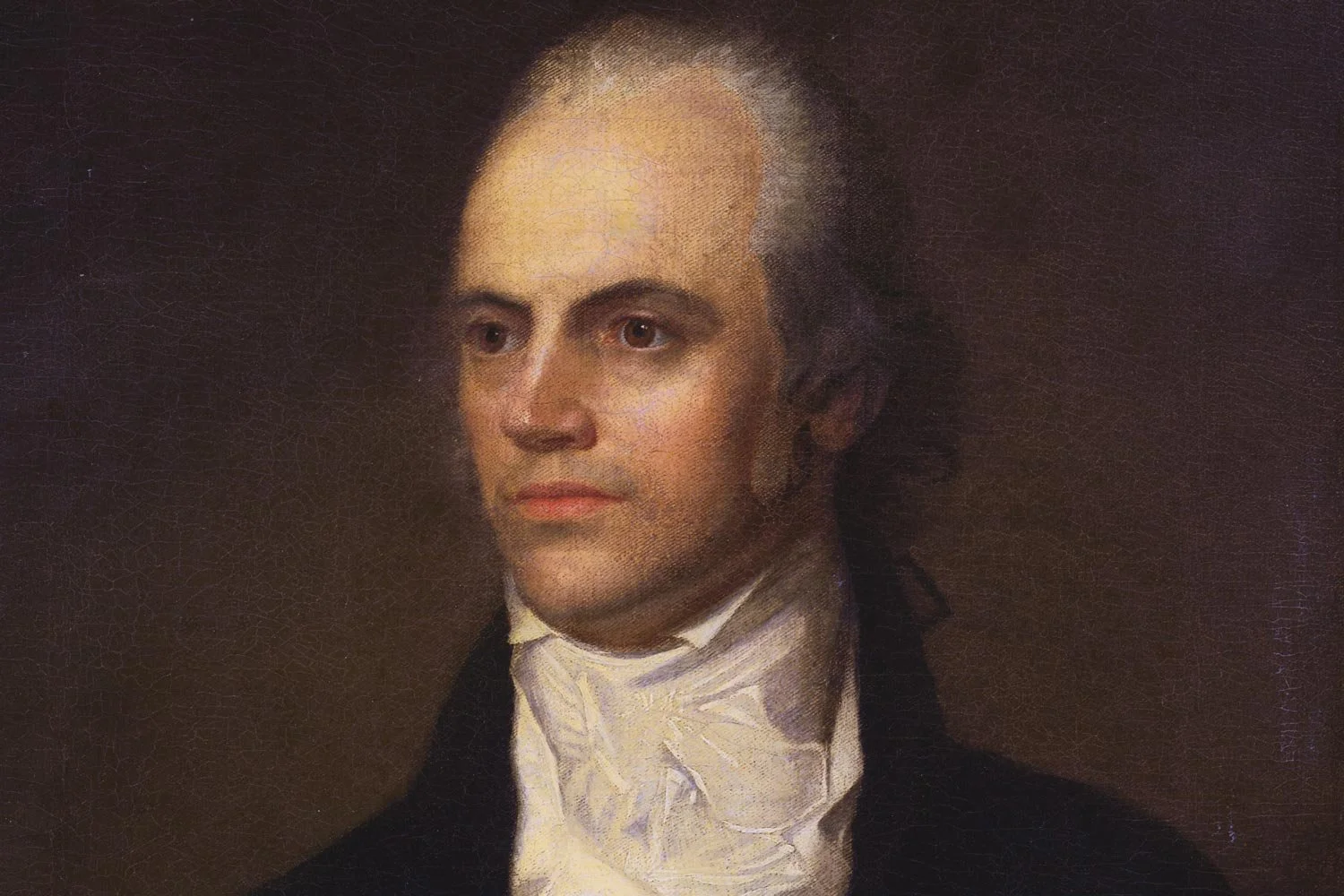
American Judiciary, Part 10: The Treason Trial of Aaron Burr
Aaron Burr's grand scheme to create his own country, possibly in Mexico or from United States territory, began to collapse late in 1806, practically before it ever got started. This empire in the sky built largely in Burr’s fertile mind was swiftly coming to an end.
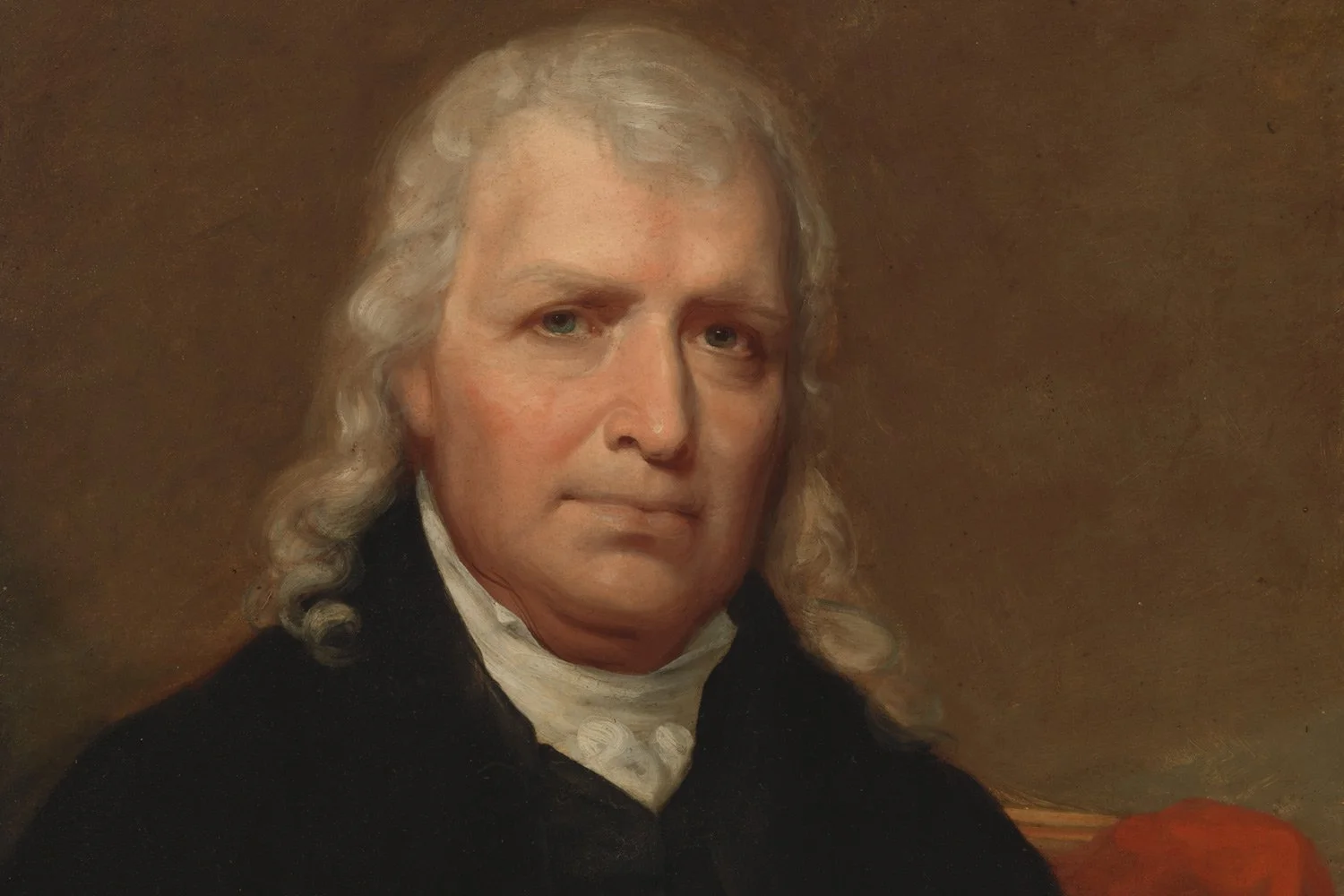
American Judiciary, Part 8: The Impeachment of Samuel Chase
There has been only one instance in our nation’s history of a United States Supreme Court Justice being impeached, and that occurred in 1804 during a significant political tussle over the independence and power of the judiciary. The justice in question was Samuel Chase and his alleged crimes seem trivial in retrospect, but Chase was simply a pawn in an ongoing battle of wills between two American icons, President Thomas Jefferson and Chief Justice John Marshall that took place in the early 1800s. And the decision reached in his case would have a profound impact on the future of the country.
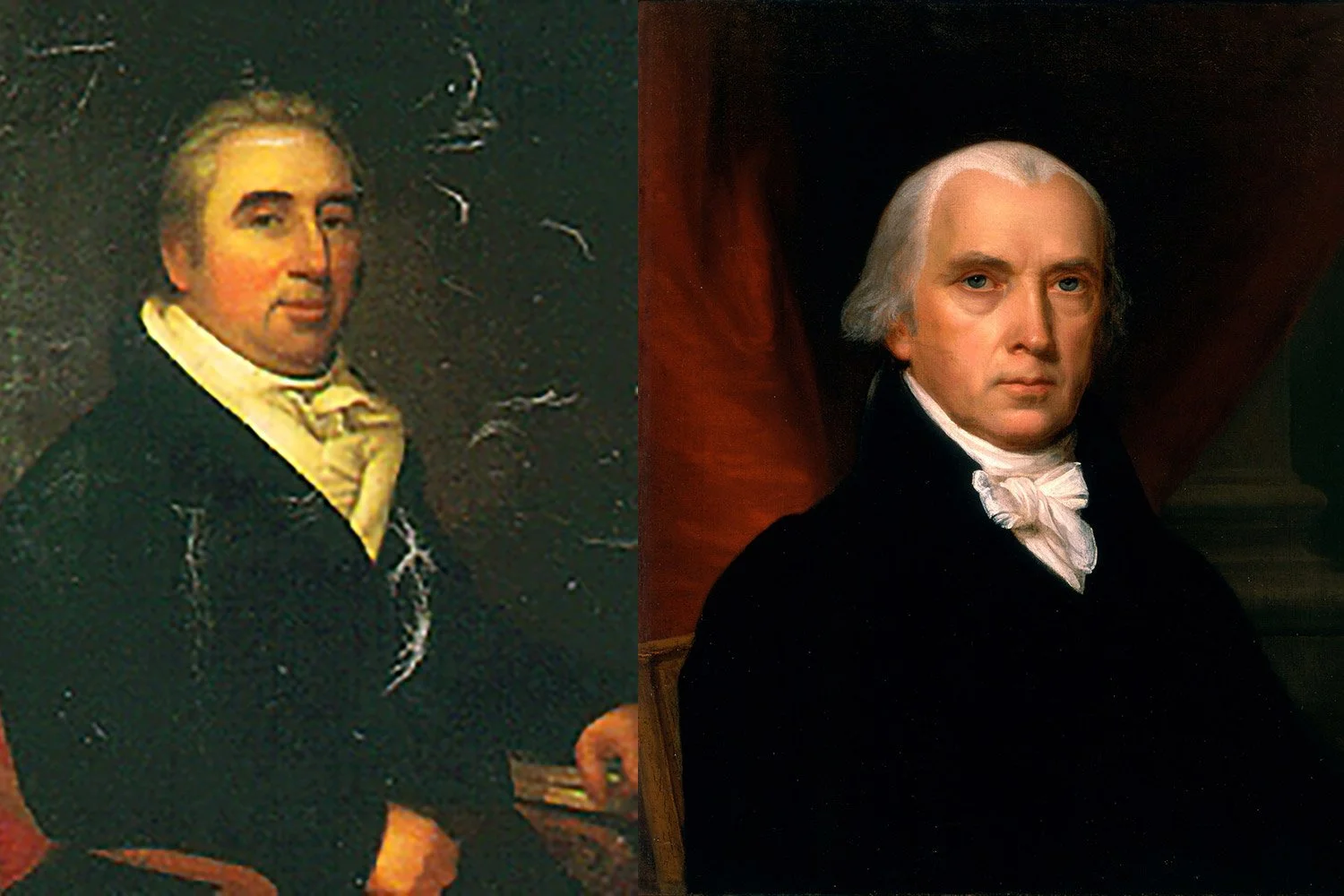
American Judiciary, Part 7: Marbury v. Madison
Marbury v Madison is the most consequential legal decision in our nation’s history because it established the concept of judicial review in the United States. This principal grants to the judiciary the responsibility to review laws for their constitutionality and gives it the power to void legislation it finds repugnant to the Constitution. That decision was rendered by John Marshall, Chief Justice of the Supreme Court in 1803, but the road to that decision extends further back.
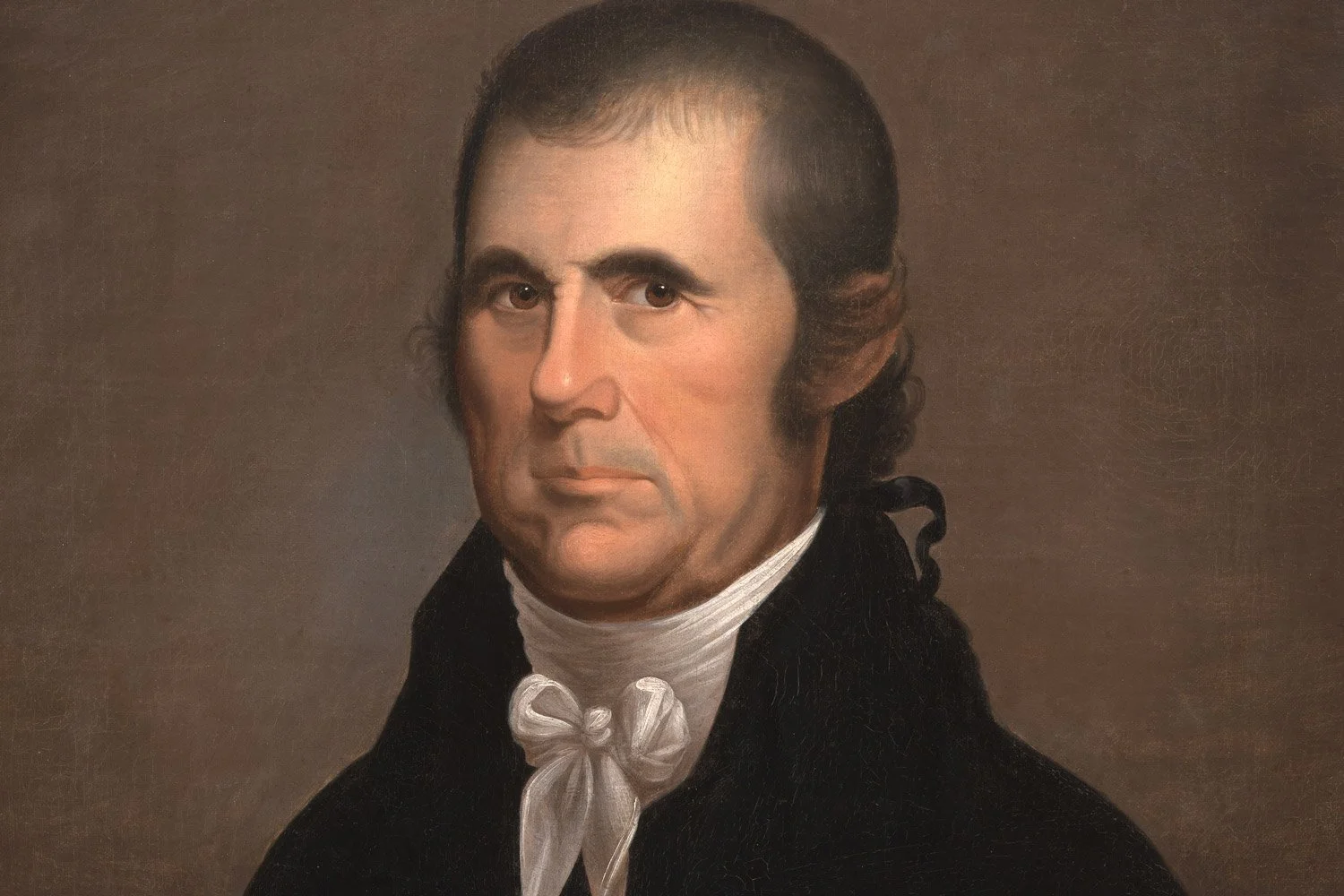
American Judiciary, Part 6: The Nationalist from Virginia
John Marshall's active service in the Continental Army ended in December 1779, although he did not officially retire from the military until February 1781. Marshall went home to Virginia to await his next command, anxious to get back into the fight, but that call never came as the war in the north wound down.
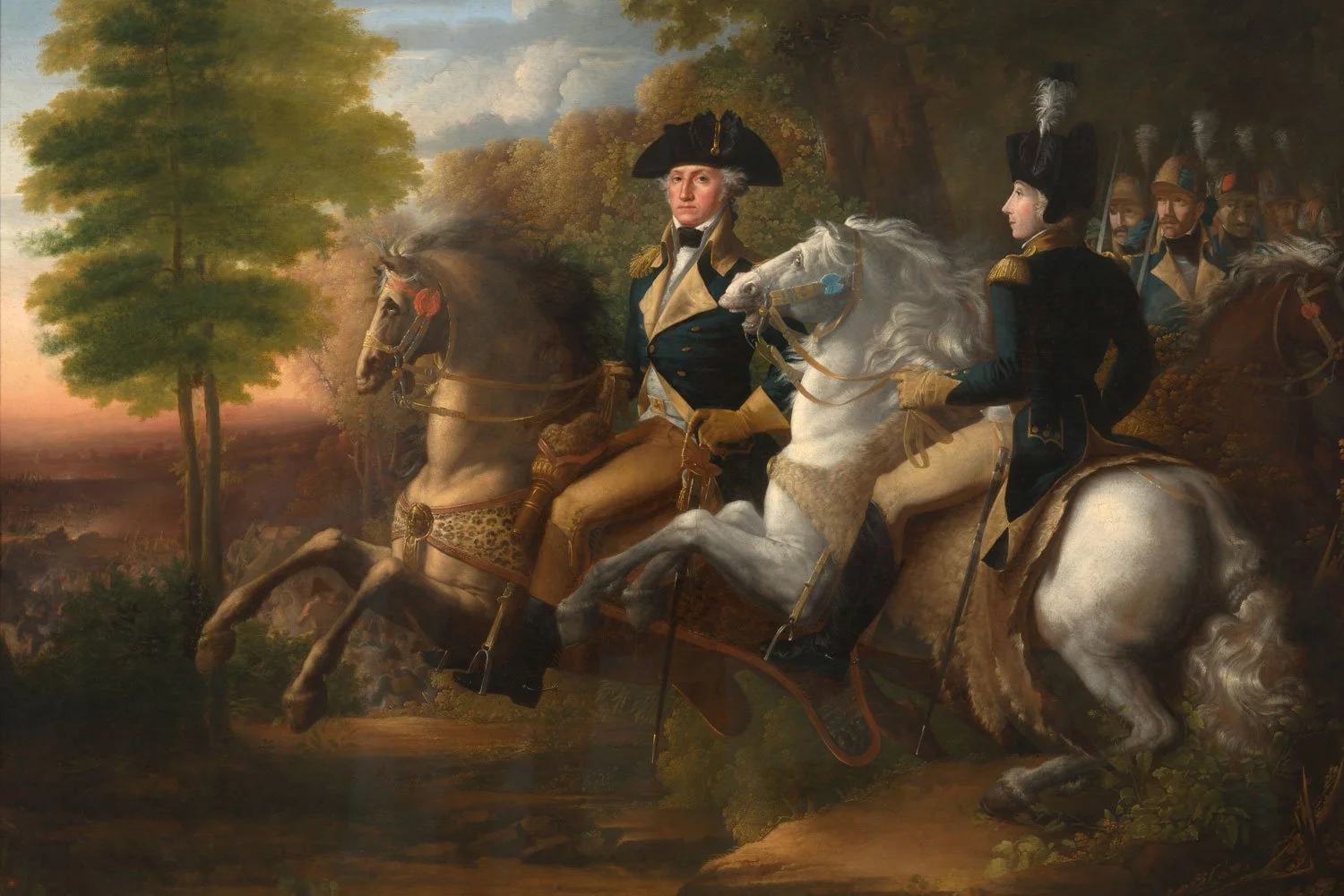
American Judiciary, Part 5: John Marshall, Soldier of the Revolution
In early December 1775, Major Thomas Marshall and his son, Lieutenant John Marshall, and the rest of the Culpepper Minutemen were ordered to join Colonel William Woodford at Great Bridge, a small village nine miles south of Norfolk. Here, in the first fight of the American Revolution in Virginia, the young Lieutenant from the frontier would get his initial taste of battle.
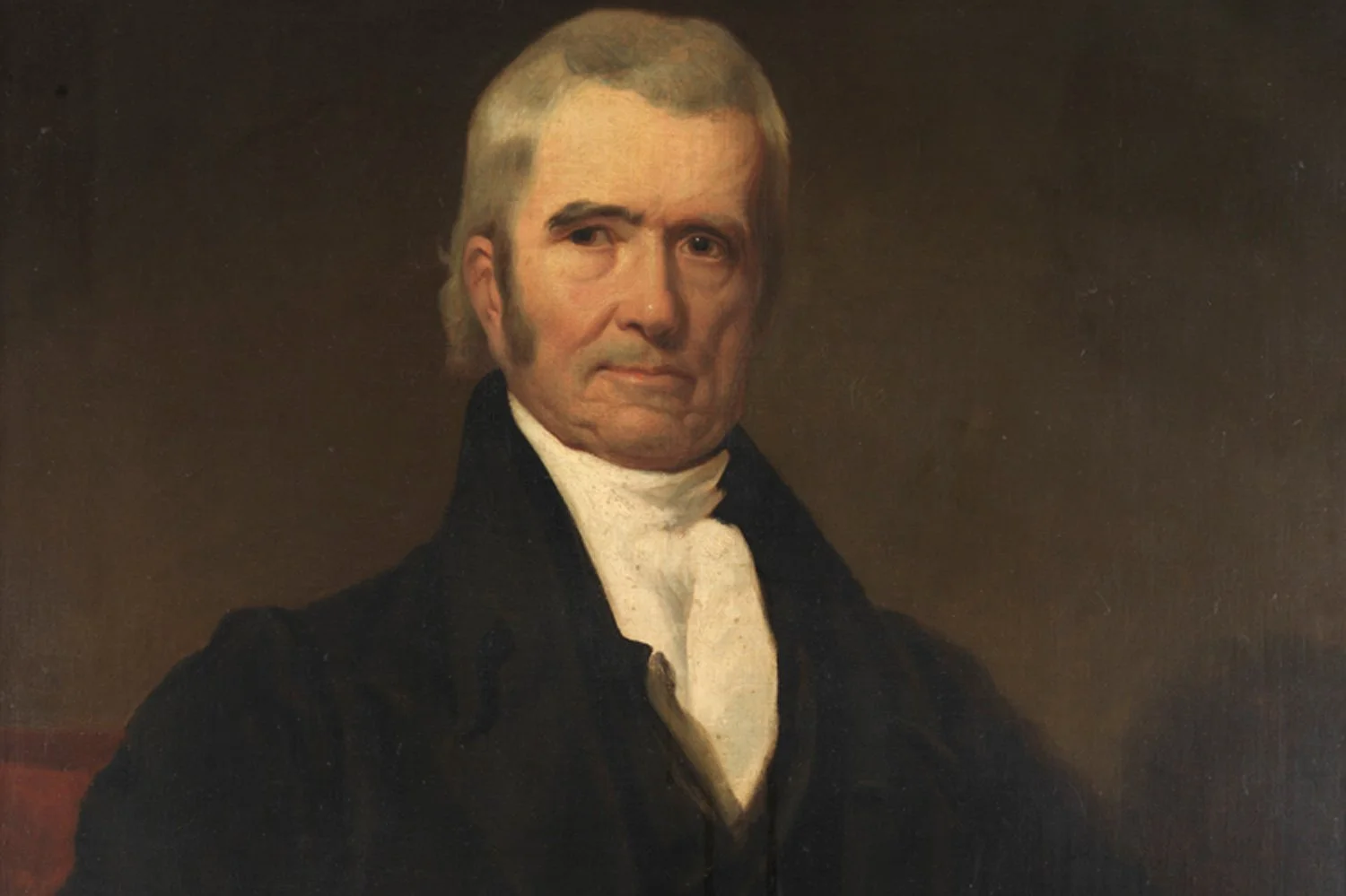
American Judiciary, Part 4: The Early Life of John Marshall
John Marshall is perhaps the most impactful and influential man in American history who was never president. Almost single handedly, John Marshall created our national judiciary and established it as a branch of government co-equal to the legislative and executive branches.
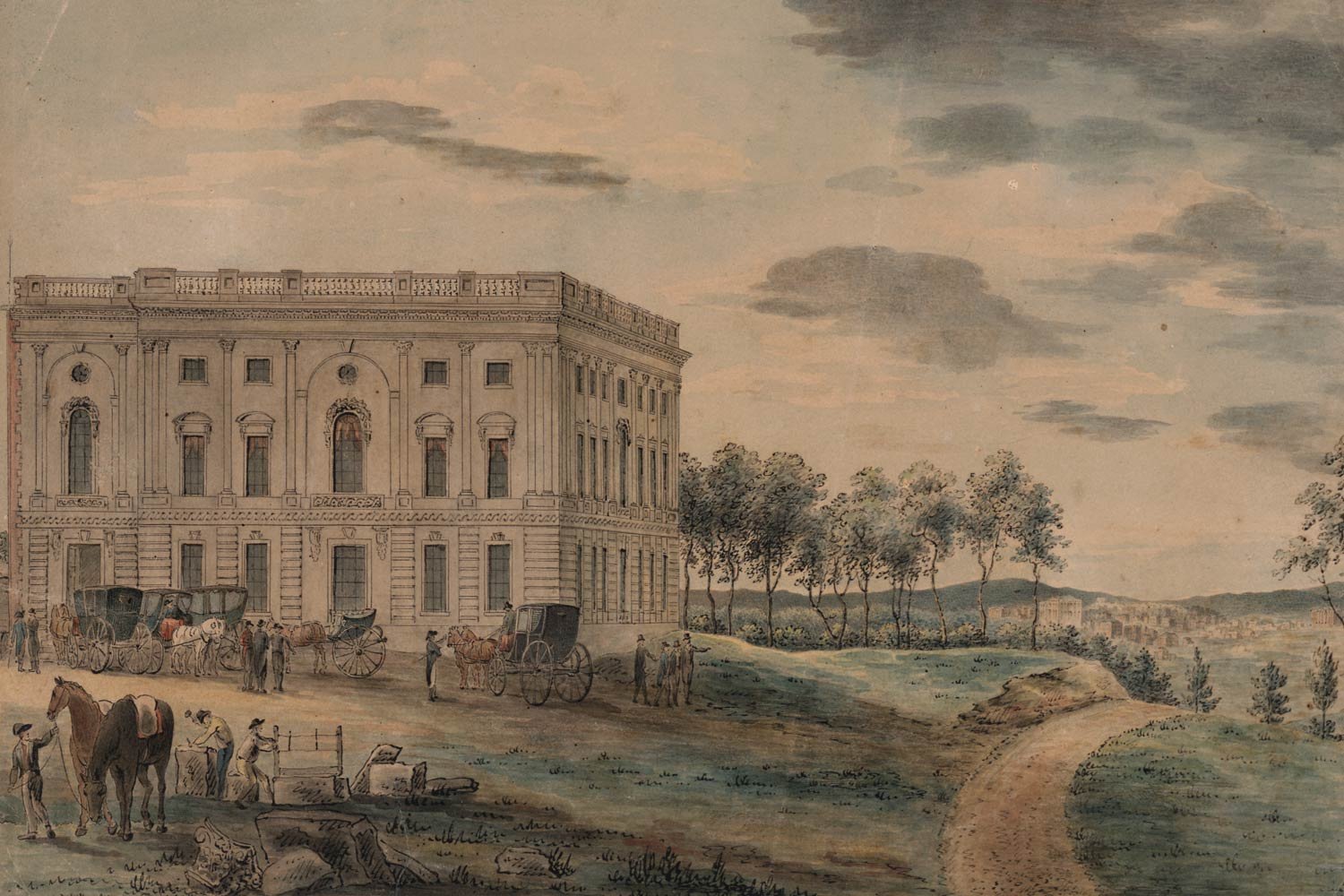
The House of Representatives Chooses Thomas Jefferson
The presidential election of 1800 ended in a tie, as the two Democratic-Republican candidates, Thomas Jefferson and Aaron Burr, each received 73 electoral votes under the original guidelines of the Constitution.
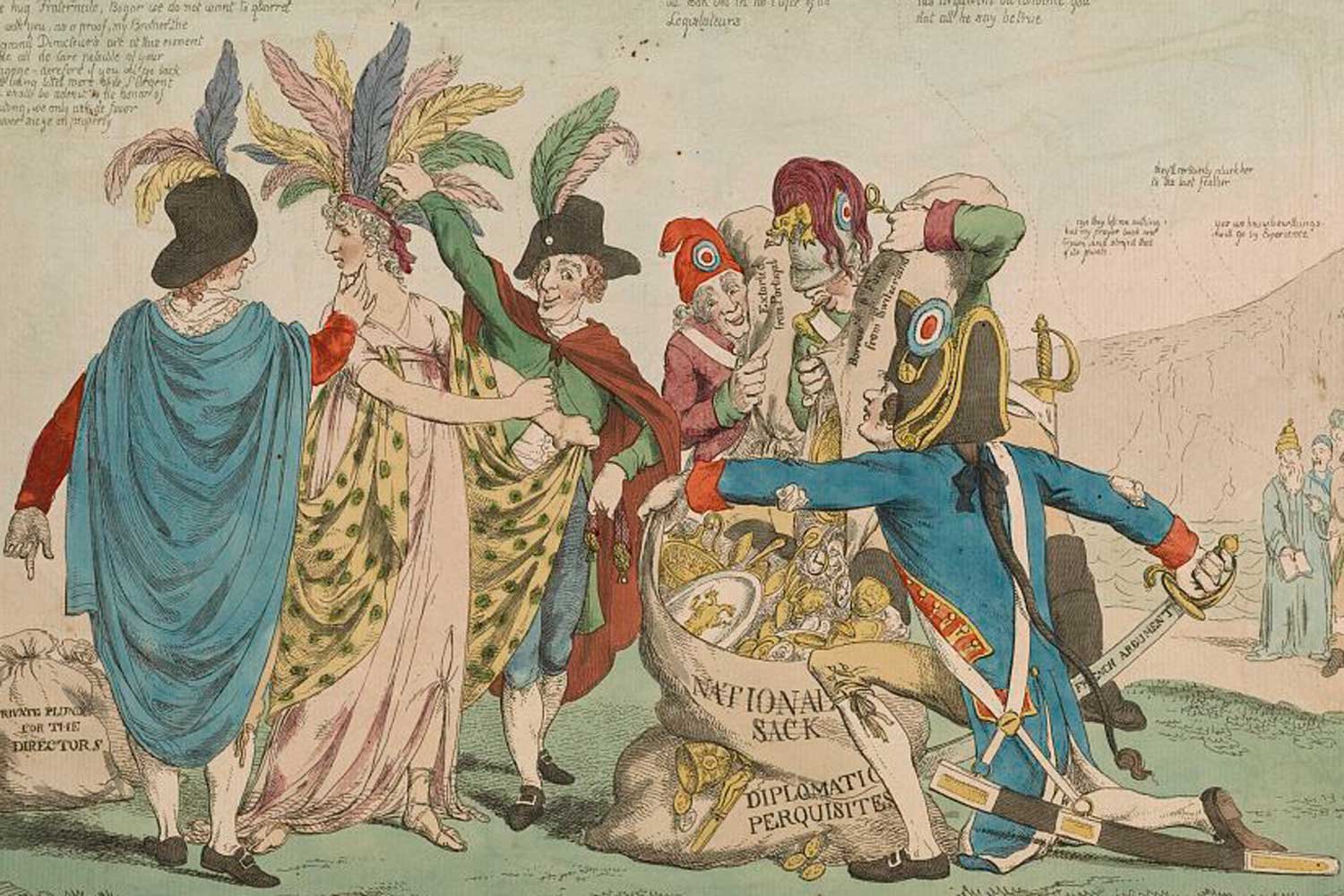
The XYZ Affair
On March 4, 1797, John Adams was sworn in as the second president of the United States and began a four-year stretch that would be dominated by a deteriorating relationship with France. Adams would also see a decrease in support from his own Federalist Party as the supremely conscientious Adams pursued policies that he deemed best for the country, but not necessarily best for the party or his popularity.




